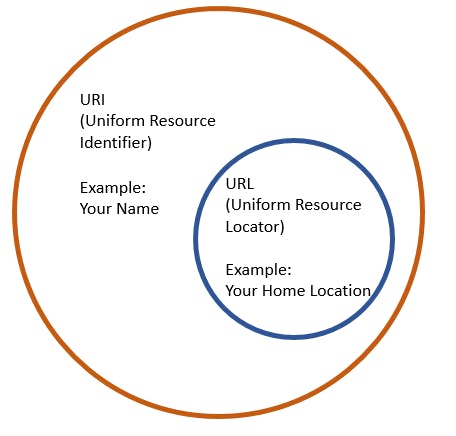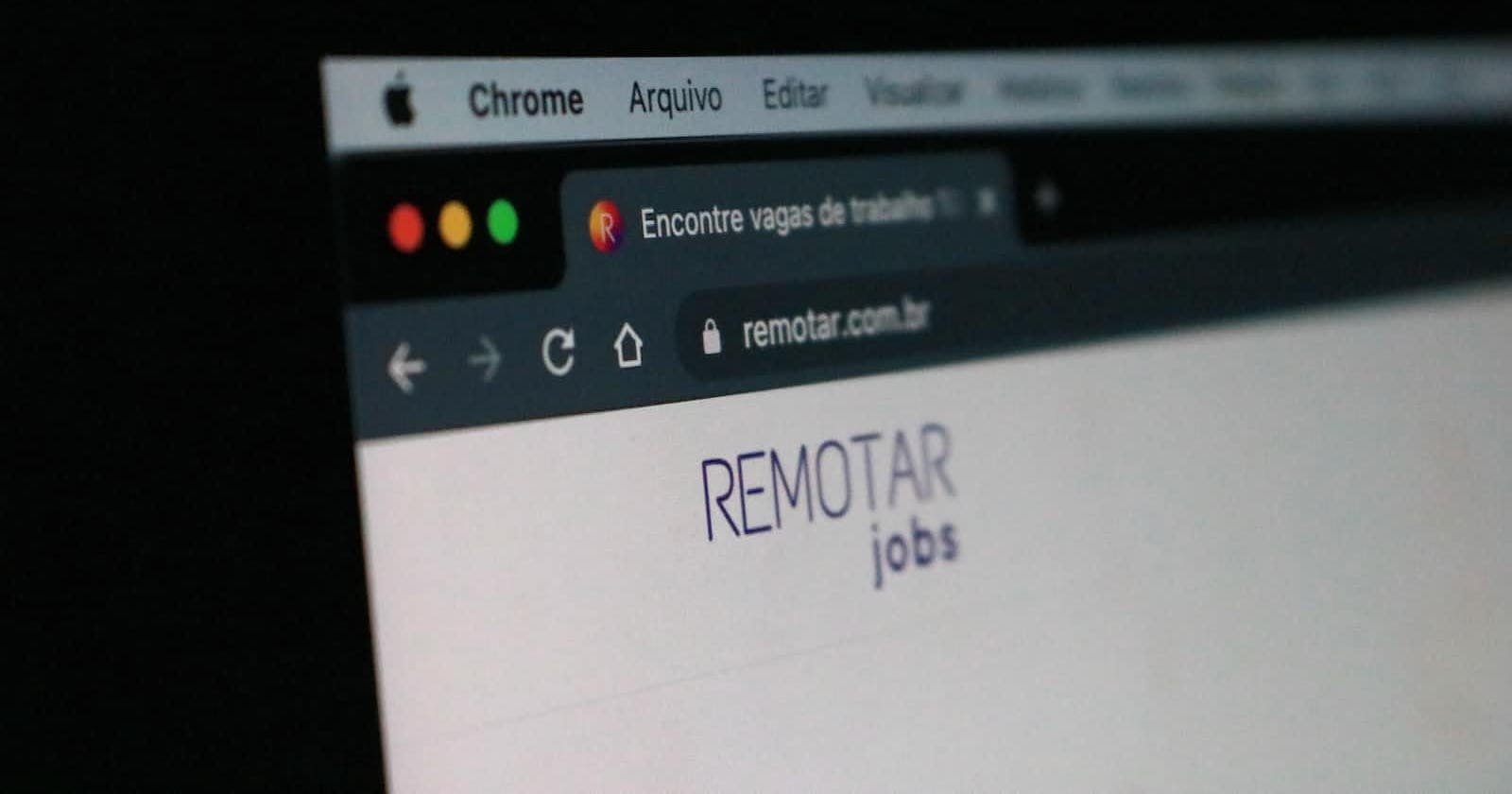
What is the Difference between URI and URL ?
Understanding the Key Differences for Effective Web Development
Uniform Resource Identifiers (URIs) and Uniform Resource Locators (URLs) are two terms that are often used interchangeably, but they actually refer to different things.
A URI is a string of characters that identifies a name or a resource on the Internet. It can be a URL, but it can also be something else, like an email address or a file path.
On the other hand, a URL is a type of URI that specifically identifies the location of a resource on the Internet. It refers to a web address and its access possibilities. It consists of several components, including the protocol (http, https, ftp, mailto), the domain name or IP address of the server, and the path to the resource.
Your name functions as a Uniform Resource Identifier (URI) because it serves as an identifier for you. However, it cannot be a Uniform Resource Locator (URL) since it doesn't provide a means of locating your position. Conversely, your address serves both as a URI and a URL since it identifies you and provides a location for you.

In the field of web development, you may require multiple resources identified by name, resulting in several distinct URIs with corresponding URLs.
It's worth noting that a URL functions as a locator of a resource, while a URI serves as an identifier for the resource, which may also function as a locator.
Understanding the difference between these two terms is important for anyone working with the web. While the terms are often used interchangeably, it's important to know the distinction between them to use them correctly and avoid confusion.
Hopefully, this explanation has helped to clear up some of the jargon associated with these terms.
